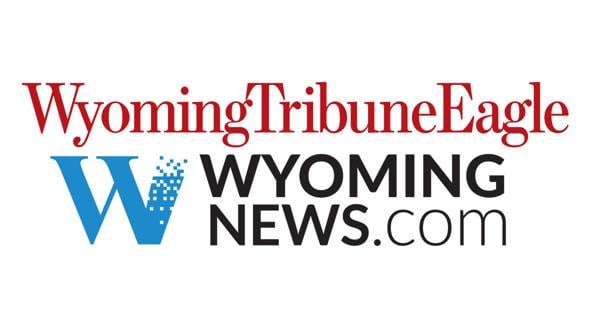Federal funding for critical health, education, and social service programs nationwide is currently under intense scrutiny, particularly impacting the renowned Head Start initiative. This uncertainty stems from a recent reinterpretation by the Trump administration of the Personal Responsibility and Work Opportunity Reconciliation Act, a move designed to restrict federal funds for individuals unable to verify their immigration status. The core issue revolves around ensuring public resources are directed in strict accordance with federal law, a principle that now necessitates a re-evaluation of eligibility for essential community services.
The U.S. Department of Health and Human Services (HHS) has affirmed its commitment to enforcing established federal law, which explicitly grants access to federally funded public benefits only to individuals lawfully present in the United States. Andrew G. Nixon, director of communications for HHS, emphasized in a recent statement that this enforcement ensures fairness and integrity in the allocation of public resources, particularly within programs designed to support vulnerable populations.
Head Start and its companion program, Early Head Start, are pivotal federally-funded early childhood education programs explicitly designed to foster school readiness among young children from low-income families. While HHS assures that Head Start will remain accessible to millions of eligible children across the country, programs receiving taxpayer funds must diligently adhere to federal eligibility statutes, which now include immigration status verification.
Under the newly enforced guidelines, Head Start programs are now mandated to verify the immigration status of enrolled children. The statute in question defines specific categories of “qualified aliens” who are exempt from these funding restrictions, ensuring that those lawfully present continue to receive the benefits they are entitled to. This new requirement introduces a significant administrative and procedural shift for program operators nationwide.
Further guidance on this new interpretation is anticipated soon from the U.S. Administration for Children and Families, as confirmed by Nixon. The scale of the programs affected is substantial, with the National Head Start Association reporting that the federal government currently funds the enrollment of over 750,000 children across Head Start and Early Head Start programs nationwide. California notably leads the nation with the highest enrollment, serving approximately 75,000 students.
This policy shift has not been without significant criticism from various stakeholders. Voices from Arizona and the U.S. Senate Committee on Appropriations have expressed strong concerns, describing the move as an “outrageous attempt” to circumvent existing legal frameworks and potentially disrupt critical services upon which many Arizonans and other communities depend daily. Critics suggest that such changes could force states and local communities to absorb the costs for emergency childcare and other essential services.
Despite the backlash, HHS maintains that upholding the law as written is its fundamental responsibility, reiterating its dedication to providing high-quality early education to eligible children while strictly adhering to federal mandates. The full scope of how many students might be affected by these new eligibility requirements remains unclear, as Head Start has historically not required parents or students to provide citizenship or immigration documentation.
As the situation unfolds, several state education departments, including those in Arizona and Colorado, have declined to comment on the developing issue. Similarly, key associations such as the Arizona Head Start Association, the Colorado Head Start Association, the Nevada Department of Education, and the California Department of Education did not respond to requests for comment by the time of publication, underscoring the ongoing complexity and sensitive nature of this policy change.






Leave a Reply